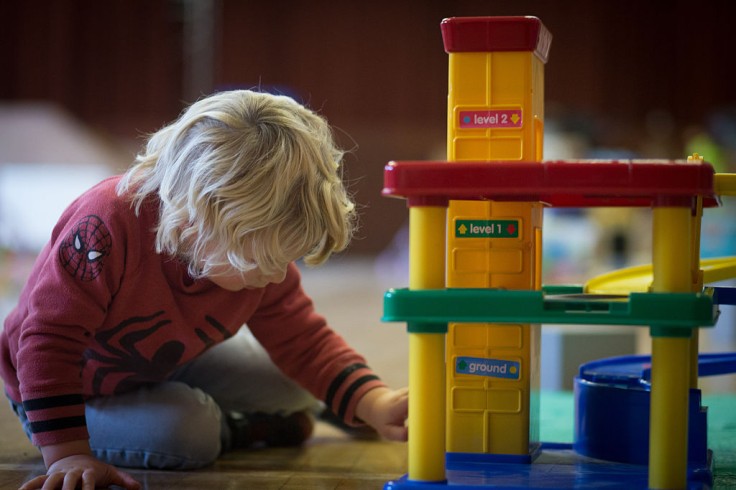
Play is an important activity for children. Play helps kids learn. It also allows them to develop self-worth. This is particularly true for younger children.
All types of play are beneficial. However, there are some activities that help children thrive. Here, we explore the four best activities.
Free Play
One of the best activities for children is free play. Children get the freedom to explore at their own pace. There are no structured goals. The child also does not receive guidance from an adult.
Free play encourages the child to be creative. It also helps them learn to become independent.
Some of the best toys for free play include:
Magnetic tiles or blocks
LEGO or wooden blocks
Play fabrics
Dolls
Animal figurines
Art supplies
Puzzles
Playdough, sand, and other sensory toys
Outdoor Play
Play should not be limited indoors. Letting children play outside helps them develop attention to detail and collaboration. It also gives them a way to foster physical development.
There are plenty of activities children can do outdoors. Muddy puddles and rain or snow could provide sensory experiences. Hiking would also allow them to observe their surroundings.
Healthy Risk-Taking
It's natural for parents to want to keep their kids safe. However, keeping them from taking risks can lead to fear. It would also make them unable to manage risks when they are older.
Risk-taking does not mean engaging in dangerous activities. Healthy risk-taking activities can involve running at high speeds or spinning and falling. Other activities also include climbing up the slide. They are safe but they teach children how to handle the risk.
Chores
Chores may be boring for adults, but children see this as a chance to learn. By nature, kids are interested in helping. They are happy to be involved in their parents' day-to-day lives. Getting them involved helps them develop a sense of responsibility. It also gives them the chance to contribute to the household.
Make sure the chores are age-appropriate. A toddler can be asked to wipe up a spill. Young children could also be asked to help clean the home. Teens can be asked to rake the yard.